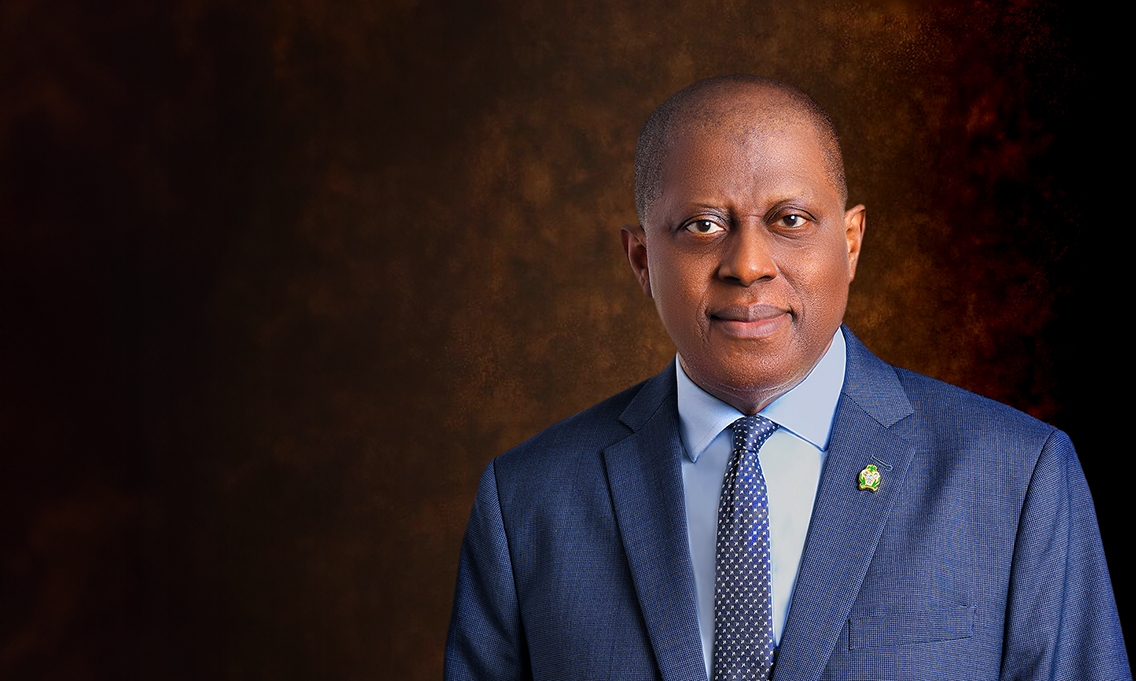This article was produced with the support of Central Bank of Nigeria
Cardoso made the clarification during a fireside chat on Friday, 10 October 2025, with Professor Helene Rey, Lord Bagri Professor of Economics at the Wheeler Institute of Business and Development, London Business School. The discussion, held in London with investors, academics, students and media representatives, came ahead of the IMF/World Bank Annual Meetings taking place from 13–18 October in Washington, DC.
Responding to a question from African Business, the CBN Governor said the recapitalisation exercise, which will conclude at the end of March 2026, is aimed at ensuring Nigeria maintains strong and resilient banks.
“With the banking recapitalisation, we left the door open in terms of the category of banking licence you decide to adopt,” Cardoso said. “If you feel that you cannot meet your capital requirement, you can downgrade your licence and move into another category of banks. You don’t need to merge if you don’t have to—but if you want to merge, go ahead.
I must emphasise that we have given all banks enough time to ensure they are able to meet the category of licence they want to hold. So we don’t see any cause for panic or disruption. Many of these anxieties may come from legacy issues—things that happened in the past that didn’t turn out well. We have given all banks different options. As these categories begin to emerge, you need to decide where your strengths lie and focus on that. You can’t be all things to all people.”
Earlier in the conversation, Cardoso clarified his comments on the CBN’s goal of achieving single-digit inflation, following the World Bank’s latest Africa’s Pulse report which described the target as unrealistic. The report projected that Nigeria, alongside Angola, Ethiopia, Ghana, Malawi, Sudan, Zambia, São Tomé and Príncipe, and Zimbabwe, will continue to record double-digit inflation throughout 2025.
“Sometimes one gets misquoted. I was clear that this is our goal in the medium term—that’s what I said,” he explained. “And you know why I said that? We have to challenge ourselves as Nigerians. We cannot be saying it’s alright to have double-digit inflation. We’ve got to keep pushing ourselves to get there.”
Cardoso also emphasised the need for better coordination between monetary and fiscal policy to sustain recent gains.
“This has been a challenge for Nigeria for years,” he said. “But the difference today is that the reforms that have taken place at the central bank are judged to be relatively successful, and people can feel the impact. That is encouraging the fiscal side to say, ‘Okay guys!’—and that’s a good thing.”
On the naira, Cardoso said that despite its earlier devaluation, the currency has now found its true value and become competitive under the market-determined, willing-buyer–willing-seller regime.
According to him, the market has responded positively to ongoing reforms, with the gap between the official and parallel market rates narrowing from about 50% to less than 2%. He added that there has been an accretion in reserves, a rise in foreign portfolio investments, and an improved ability of the CBN to meet domestic demand for foreign exchange.
“Nigerians are comfortable with the fact that even though the naira was devalued, it is now stable and there is predictability, allowing people to plan,” he concluded. “Without stability, we can’t have meaningful progress.”
